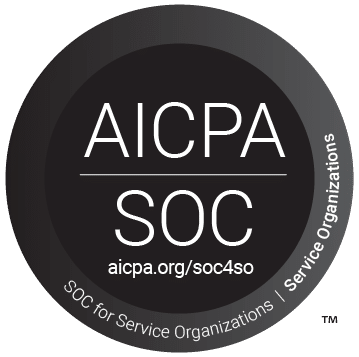Fake Scams of Indian Call Centers Exposed
Blogs
Written By

In early October 2016, over 600 fake call center employees in India were apprehended under suspicion of performing fake or scam calls to US taxpayers while impersonating Internal Revenue Service (IRS) employees. Authorities had been conducting checks on scammers after receiving complaints from US citizens about fraudulent activities.
Companies being investigated for malpractice are Iserve BPO Pvt Ltd, Lorex Impex Pvt Ltd, MAC Outsourcing Services, Tech Solutions, and Call-Tech Solutions. Additionally, the US Attorney for the Southern District of Texas accused 56 persons performing wire fraud through a scam involving five other call centers: HGlobal, Call Mantra, Worldwide Solutions, Sharma Business Process Outsourcing Services, and Zoriion Communications, embroiled in types of tele fraud and money laundering through a network of scammers in the United States. All these companies carried out illegal activities from India.
Types of Frauds
IRS Scams: Call centers impersonated US Internal Revenue Service officers, where a call center agent (using an American accent, name, and batch number) calls a target via voice over IP (VoIP), stating that they allegedly owed $4,000, $5,000, or $10,000 in unpaid taxes, which could lead to consequences like losing their house, job, or face prison term. Once a fine was negotiated, the agent asked them to pay using international cards, iTunes gift cards, or through wire services such as MoneyGram, while others asked for bank account details. According to the US Treasury Inspector General for Tax Administration, at least 328 victims have paid US$1.4 M of iTunes gift cards to the scammers.
USCIS Scams: Scammers also impersonated US Citizen and Immigration Services (USCIS) officers and deceived residents by misleading them into believing that they would be deported unless they paid a fine for alleged issues with USCIS paperwork.
Payday Loan Scams: India-based call centers conned US citizens by misleading them into considering that the callers were loan officers and that US citizens were entitled to a fabricated "payday loan." They would then collect an upfront "worthiness fee" to prove their ability to reimburse the loan.
Carrying out Fraudulent Operations
The scammers were able to get their targets’ personal data from groups that sell them illicitly in bulk. In the US, the primary participants were Domestic Managers, Runners, and Payment Processors. Domestic Managers guided the activities of Runners and supplied them with resources, including vehicles and credit cards to be used to pay business expenses. Runners acquired provisional "GPR cards" (General Purpose Reloadable) and then sent the information about these cards to the scammers who were working in call centers in India. When they reached the "disbursement" portion of the scam, the funds would be transferred from the victim to the Runner's GPR card. Runners would then recover the funds and send it via Western Union or MoneyGram using fabricated identification documents.
Affected Victims
At least 15,000 victims have confirmed losing money and 50,000 targets have reported the theft of their identities by these scammers. The most vulnerable victims are reportedly recent immigrants to the US and the elderly, who quickly obey any order of authority, even when it seems suspicious.
IT-BPO Industry versus Scamming Call Centers
Companies which were involved in the scam had not disclosed any statutory documents such as annual financial reports, profit and loss statements, and board resolutions of the firms since their incorporation in 2012. It should be noted that these centers, though termed as call centers, are not involved in providing any sourcing services, but are rather similar to the internet companies that con people. This is not the first time that companies in India have been accused of perpetrating the telephone impersonation scam. US law enforcement agencies first uncovered such a scam in October 2013 and exposed various fake entities in December 2013. India’s trade association National Association of Software and Services Companies (NASSCOM) stated that it is proactively creating steps and recommendations with industry members and the government to deal with these illegal activities. It is also coming up with specifications with the US Federal Trade Commission by conducting training sessions to better tackle the situation in order to ensure long-term health of the industry.
With rise in such frauds in the country, it is wise to be cautious. Proper due diligence must be conducted before partnering with call centers or choosing new suppliers. Care should be taken to validate the credibility of the centers and it is advisable to bring in outside experts such as external accountants or public relations firms when selecting important partners. It is best to visit the location, meet the shortlisted suppliers in person, and then take the final decision, especially if the company is very small or is not publicly known. Monetary transactions should be dealt with utmost vigilance. Business leaders could enquire with their suppliers as to how they are managing an atmosphere of increased suspicion among customers. Additionally, it is essential to make sure that the vendor is not outsourcing parts of the work further to a third-party.
For real-time risk assessment of incidents that could hurt the IT-BPO industry’s reputation in major outsourcing hubs, subscribe to Supply WisdomSM. Contact us for more information or to get started with a free trial.






